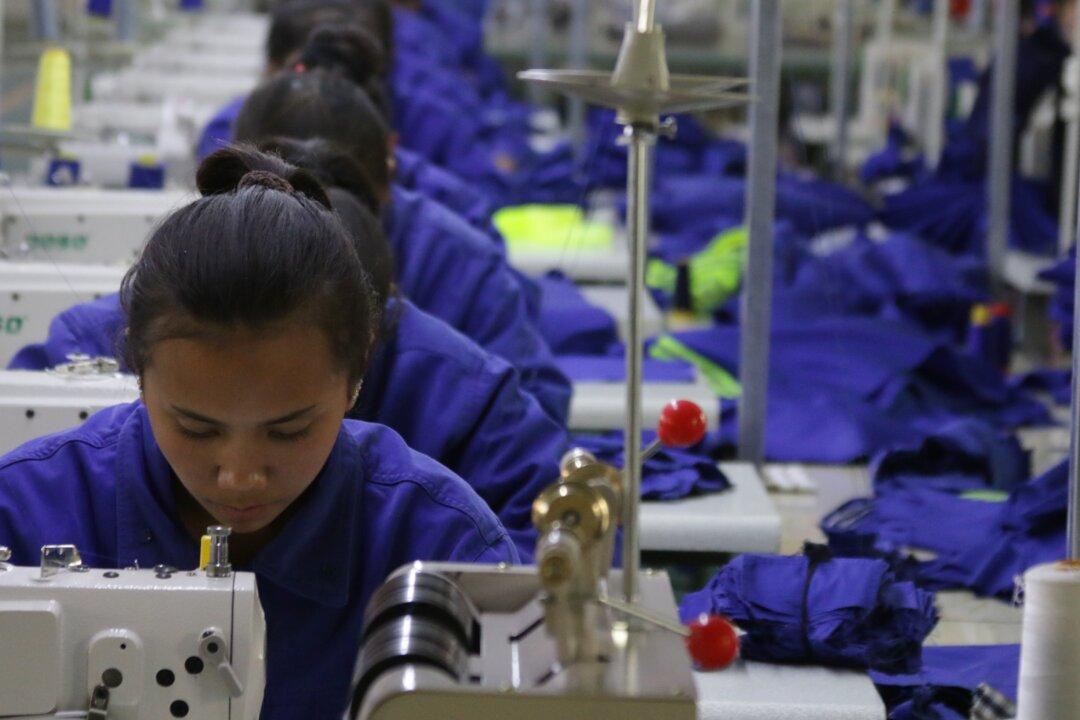Parliamentarians are calling for stronger enforcement mechanisms in legislation that aims to ban the import of products made with slave labour. Sponsors of the bill say it will soon be passed into law.
Bill S-211, which seeks to enact the Fighting Against Forced Labour and Child Labour in Supply Chains Act and amend the customs tariff, completed third reading in the Senate in April and the second reading in the House of Commons in June.





